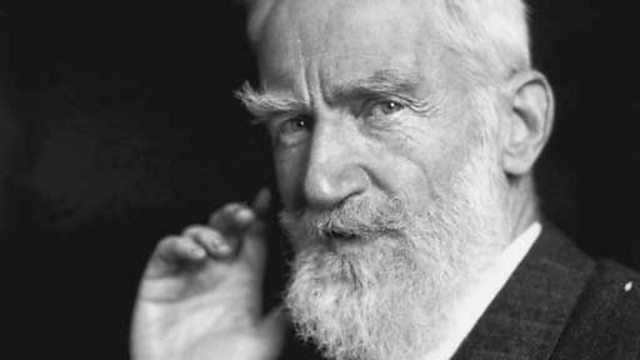Irish dramatist and Nobel laureate George Bernard Shaw, whose wit and intellect reshaped 20th-century theatre, died at the age of 94, leaving behind a body of work that challenged convention and celebrated human reason.
A revolutionary voice in modern drama
Born in Dublin in 1856, Shaw moved to London in his early twenties, where he began his career as a critic, essayist and playwright. He became one of the leading figures in the Fabian Society, advocating for social reform and intellectual socialism. His plays, filled with sharp dialogue and moral questioning, pushed audiences to reconsider accepted beliefs about class, politics and morality.
The Nobel Prize and global recognition
In 1925, Shaw received the Nobel Prize in Literature for both his influence on contemporary theatre and his ability to blend humour with deep moral and social themes. The Swedish Academy praised his writing as “marked by both idealism and humanity.” Shaw famously quipped that he accepted the honour but declined the accompanying money, stating that he had “no need for it.”
A body of work that continues to inspire
Among his best-known plays are Pygmalion, Saint Joan, Major Barbara, and Man and Superman — works that remain cornerstones of modern drama. Pygmalion, later adapted into the musical My Fair Lady, epitomised Shaw’s mastery of satire and social critique, exploring language, class and transformation through the story of Eliza Doolittle and Professor Higgins.
A life of conviction and intellect
Beyond the stage, Shaw was a vegetarian, pacifist and outspoken critic of war and capitalism. His life was guided by reason and reform rather than convention. Even in his later years, he continued writing, gardening and engaging in public debate. His death in 1950 marked the end of an era but not the end of his influence.
An enduring legacy
Today, George Bernard Shaw is celebrated not only as one of Ireland’s greatest literary figures but also as a thinker who elevated the theatre from mere entertainment to a forum for social conscience. His words continue to echo in classrooms and on stages across the world, reminding new generations of the power of intellect, irony and compassion in art.
Newshub Editorial in Europe – 2 November 2025




Recent Comments